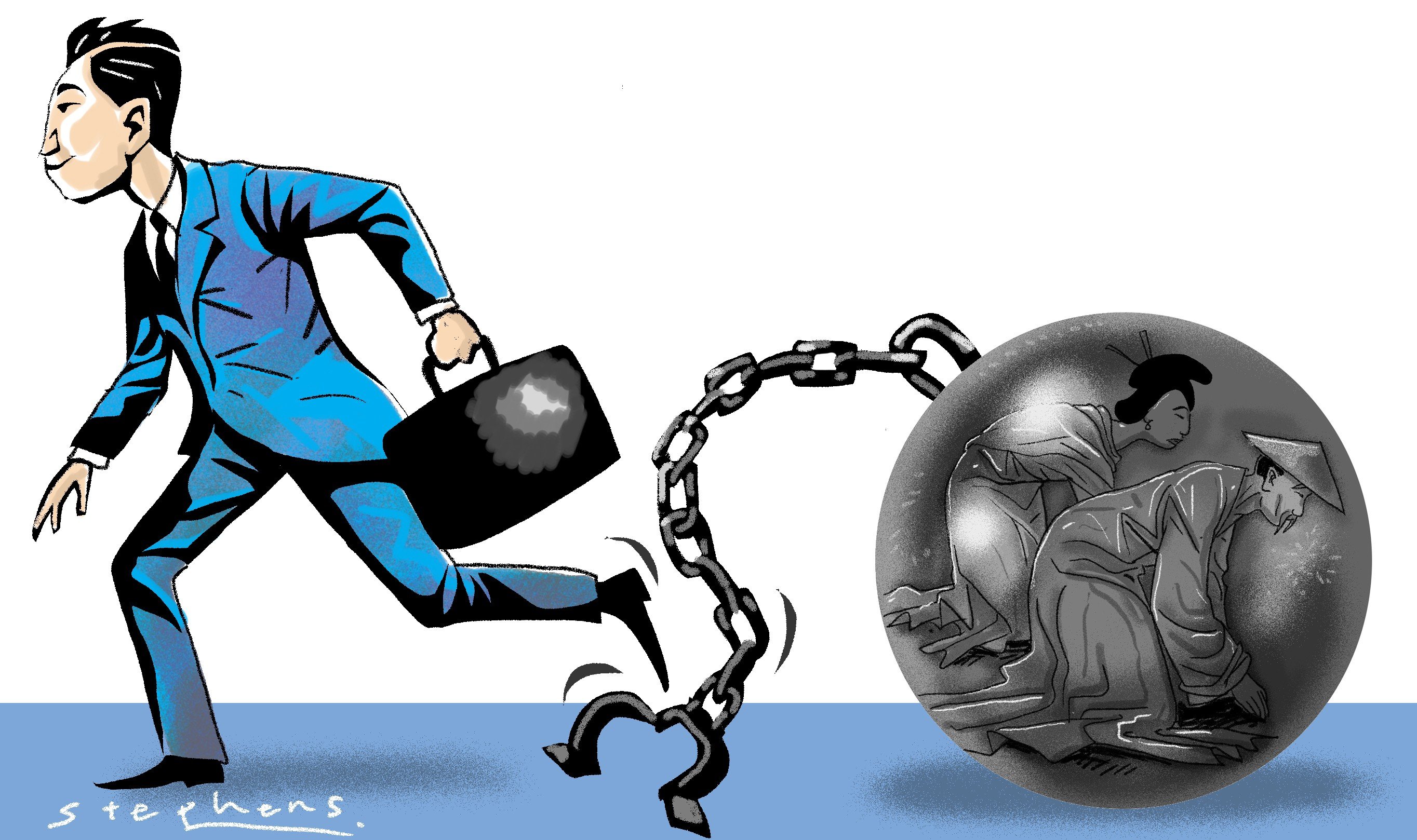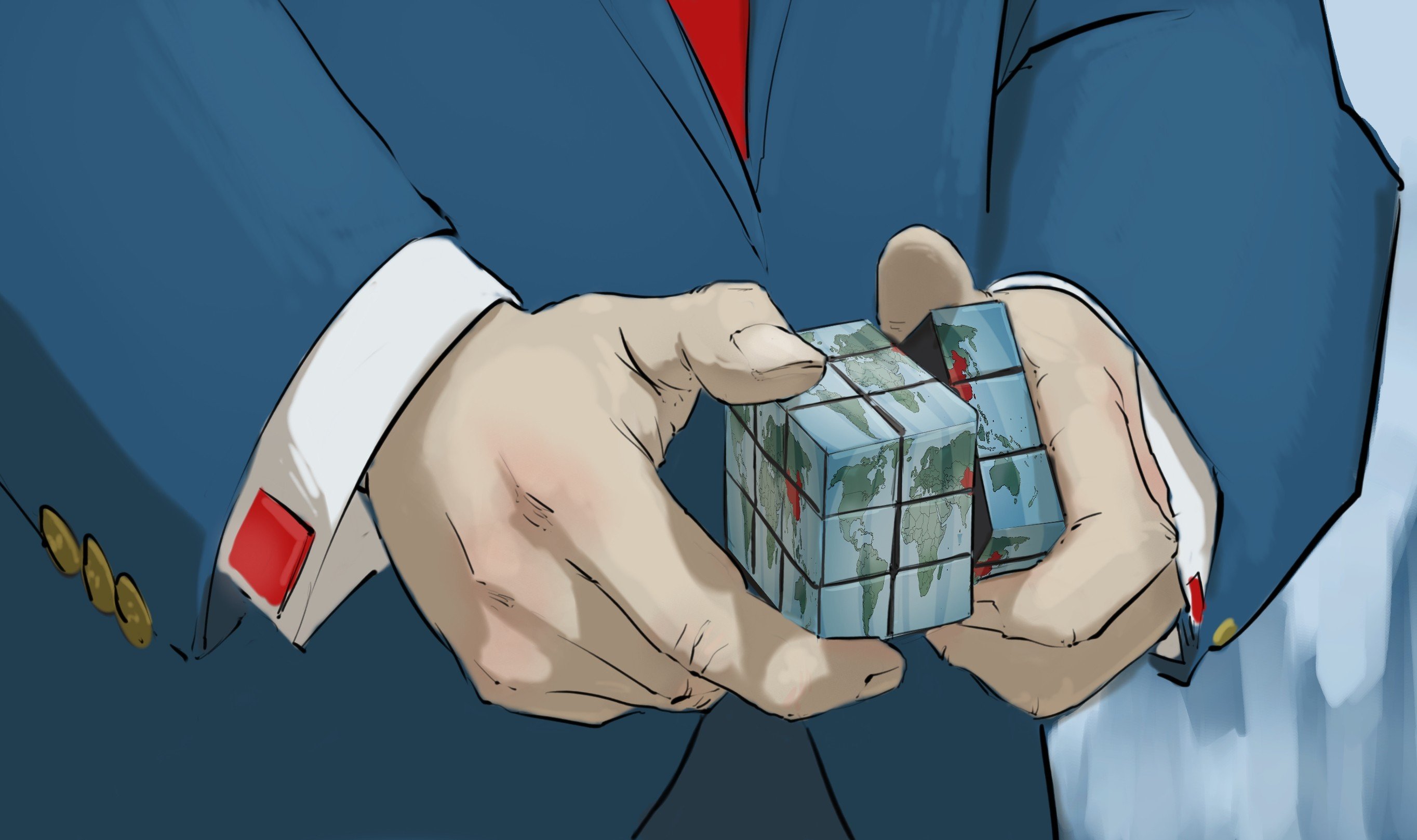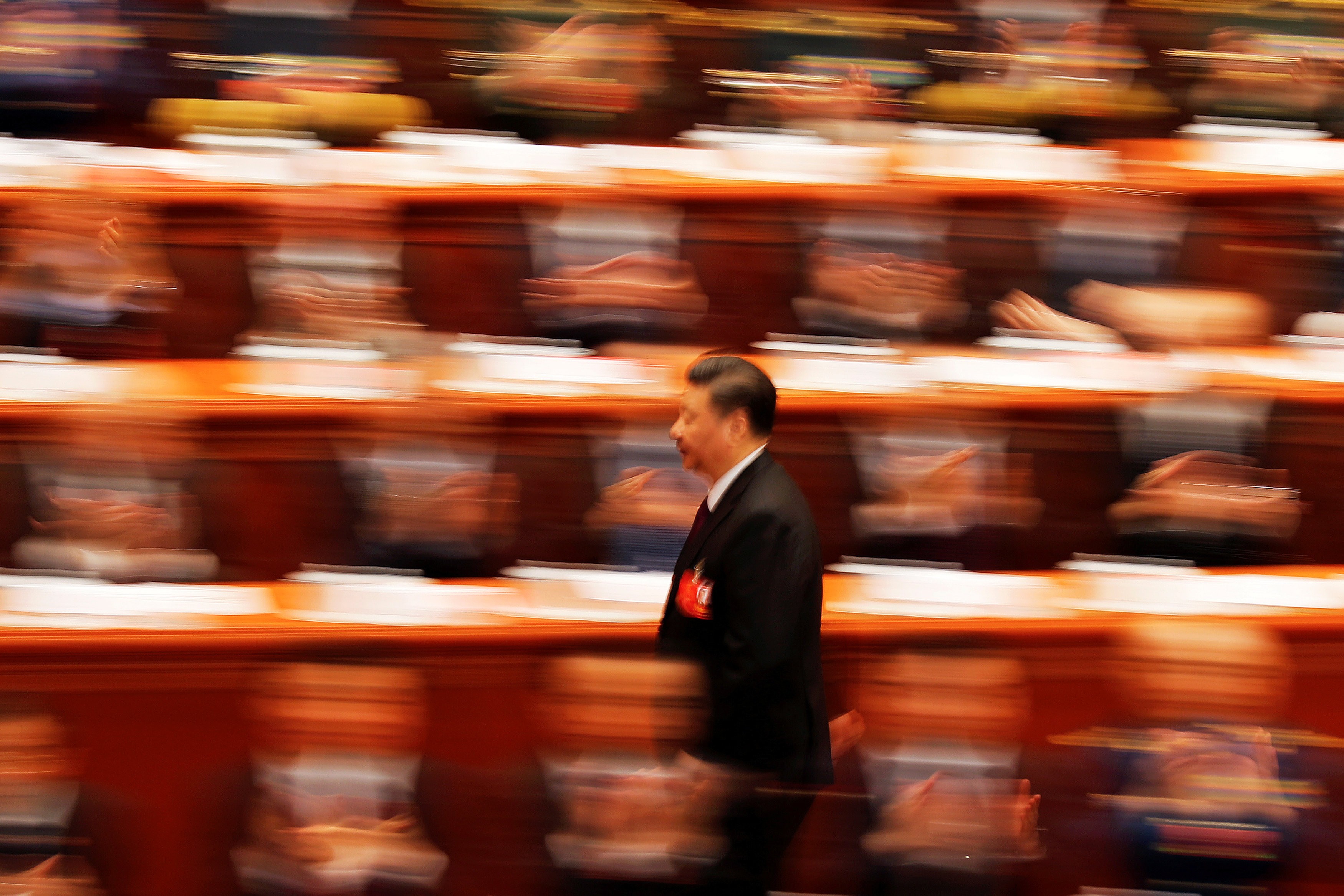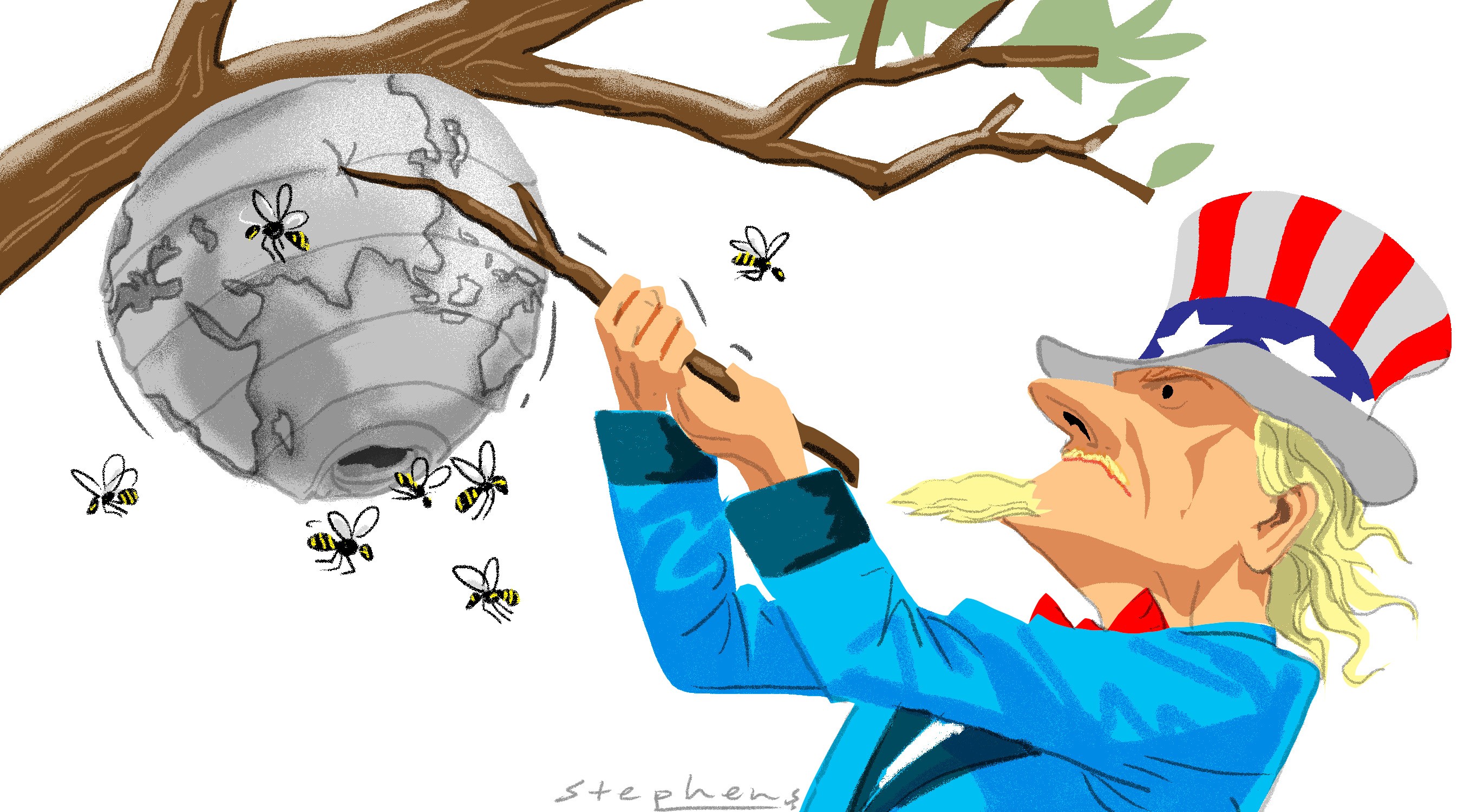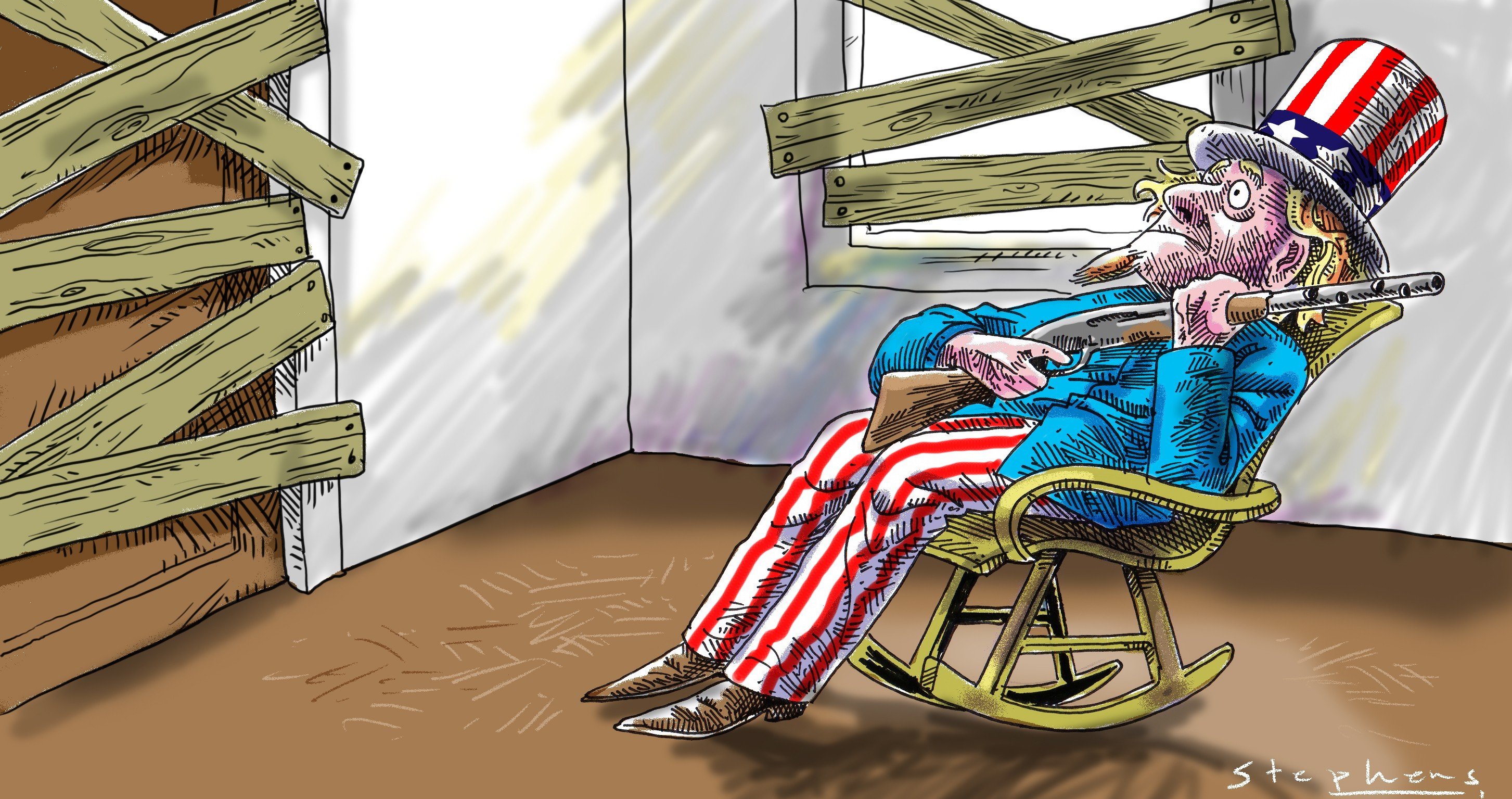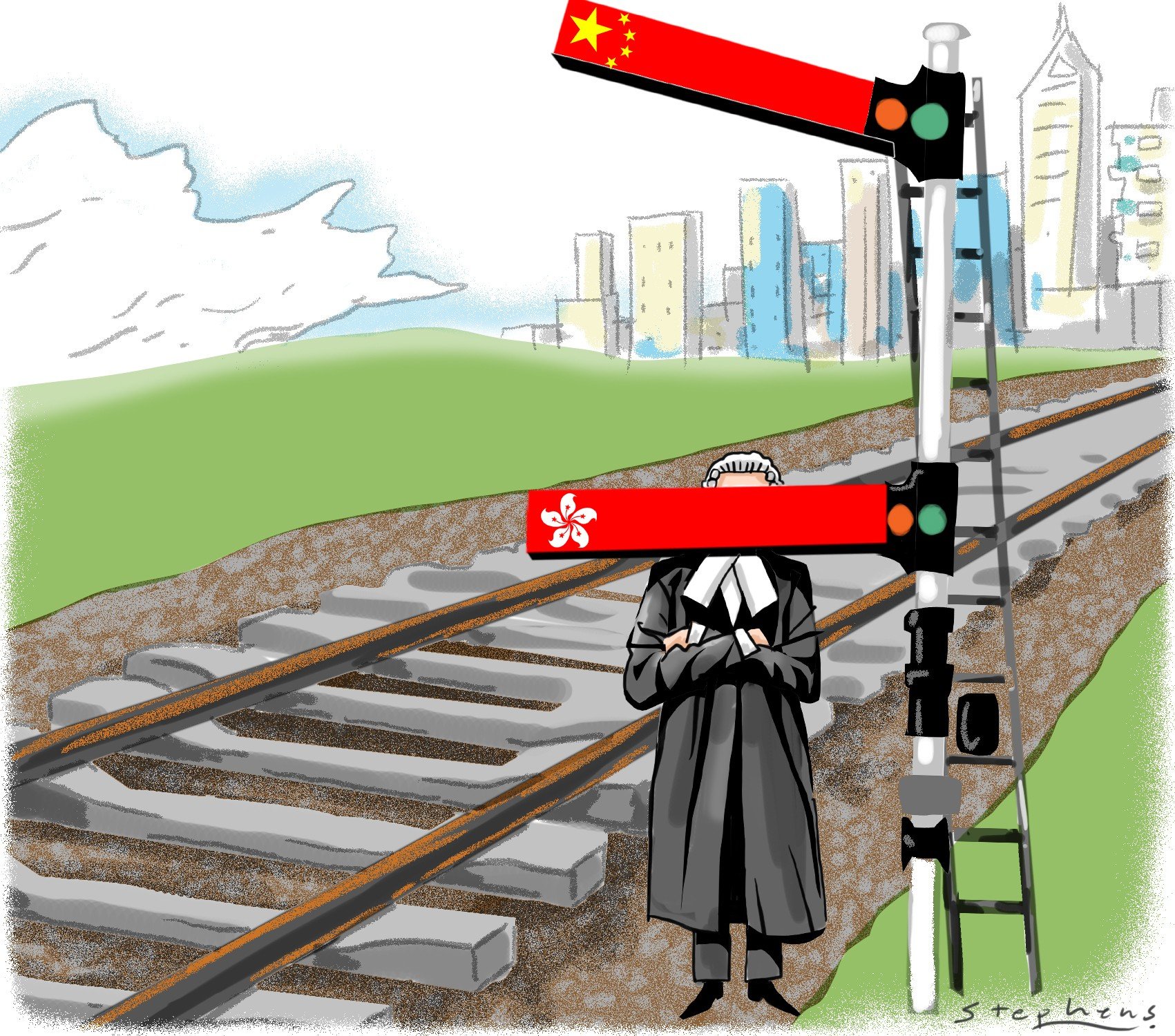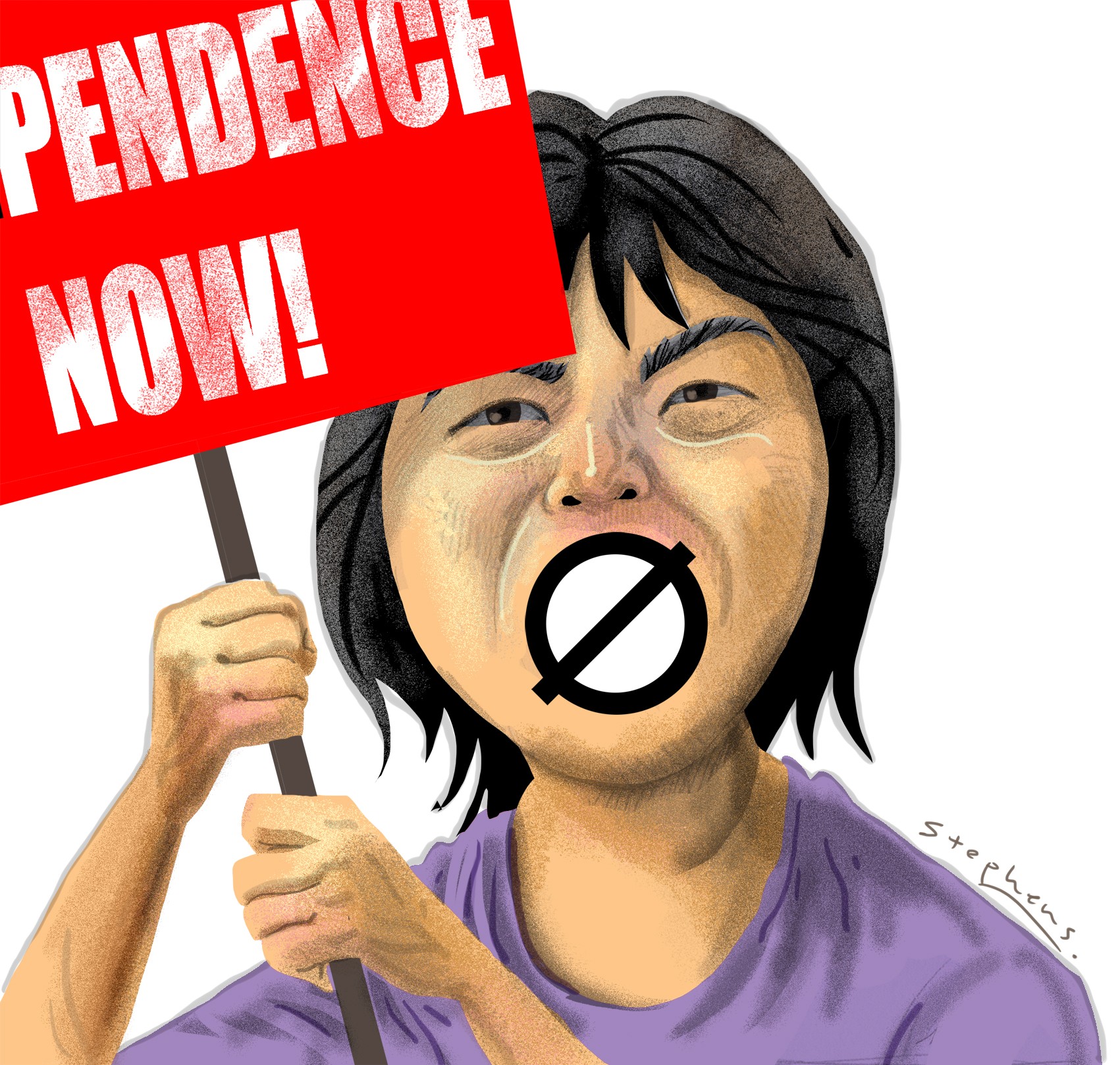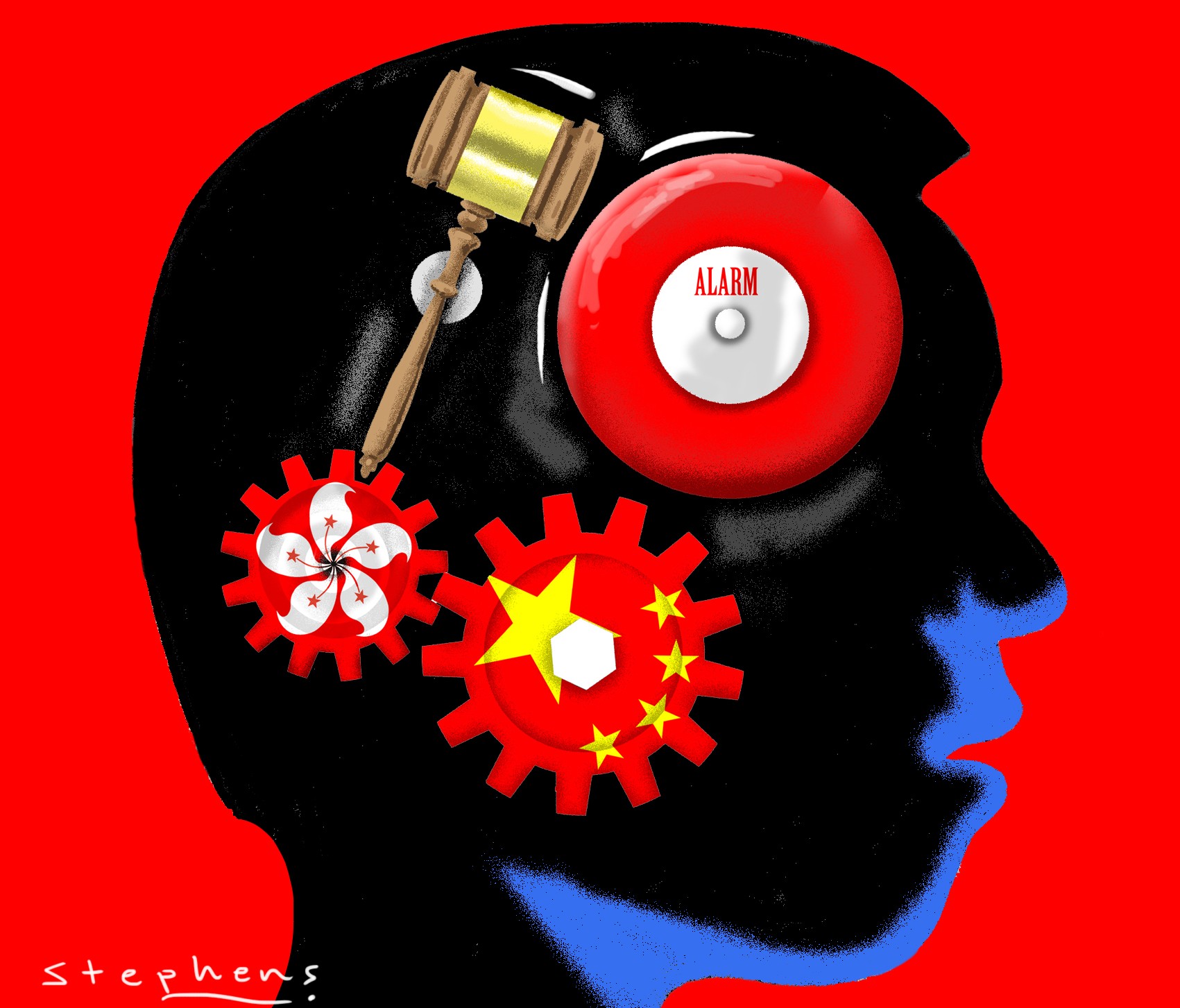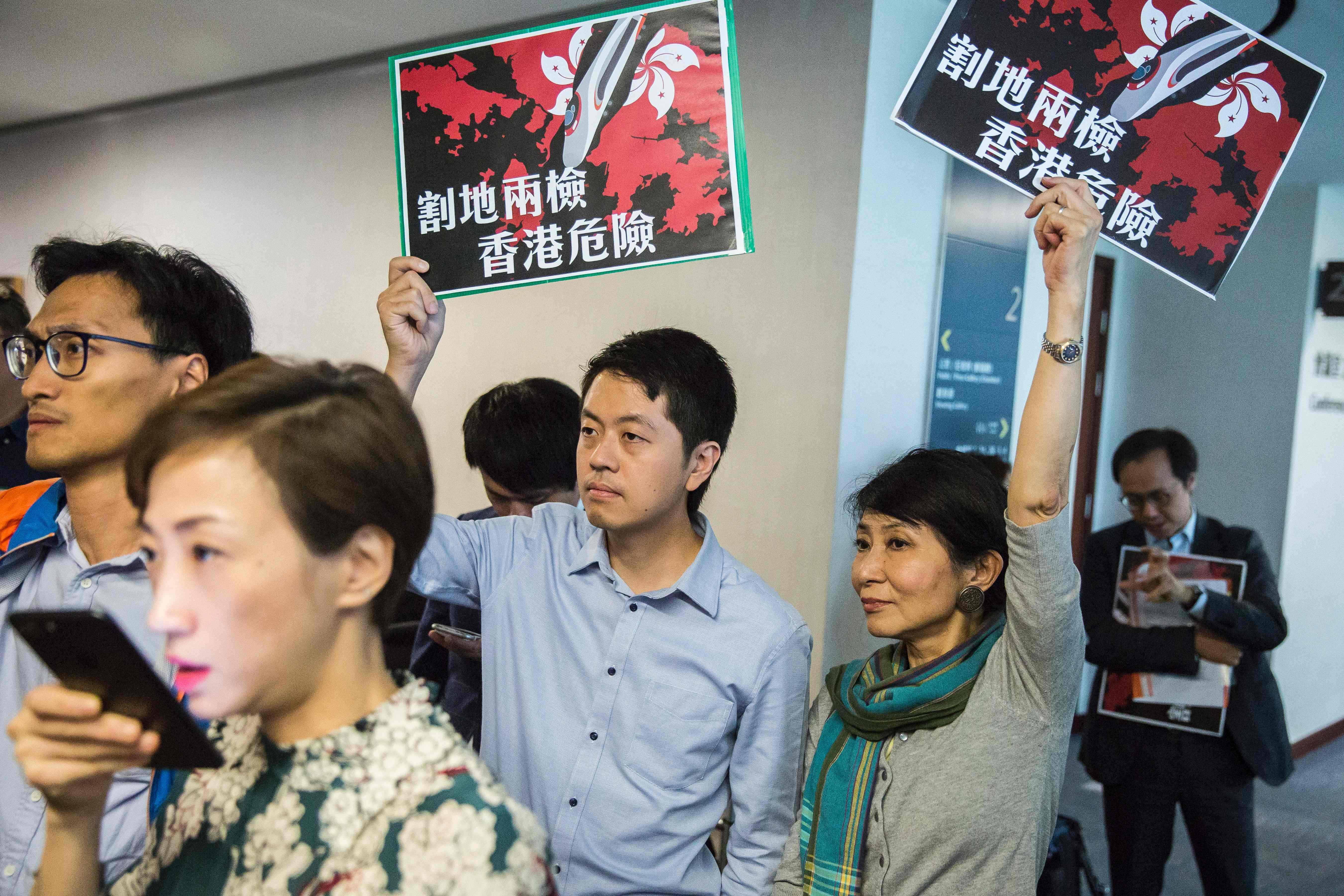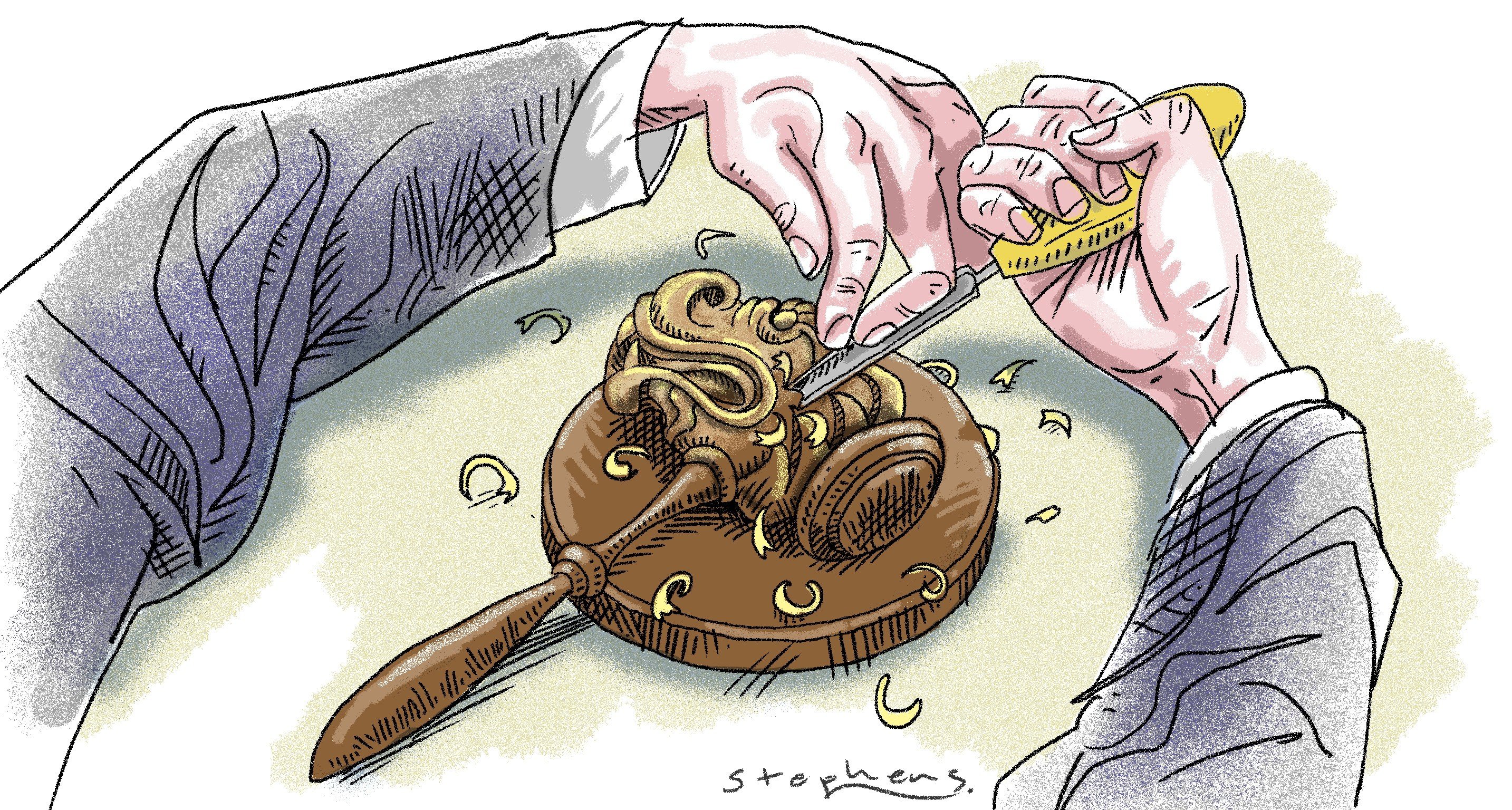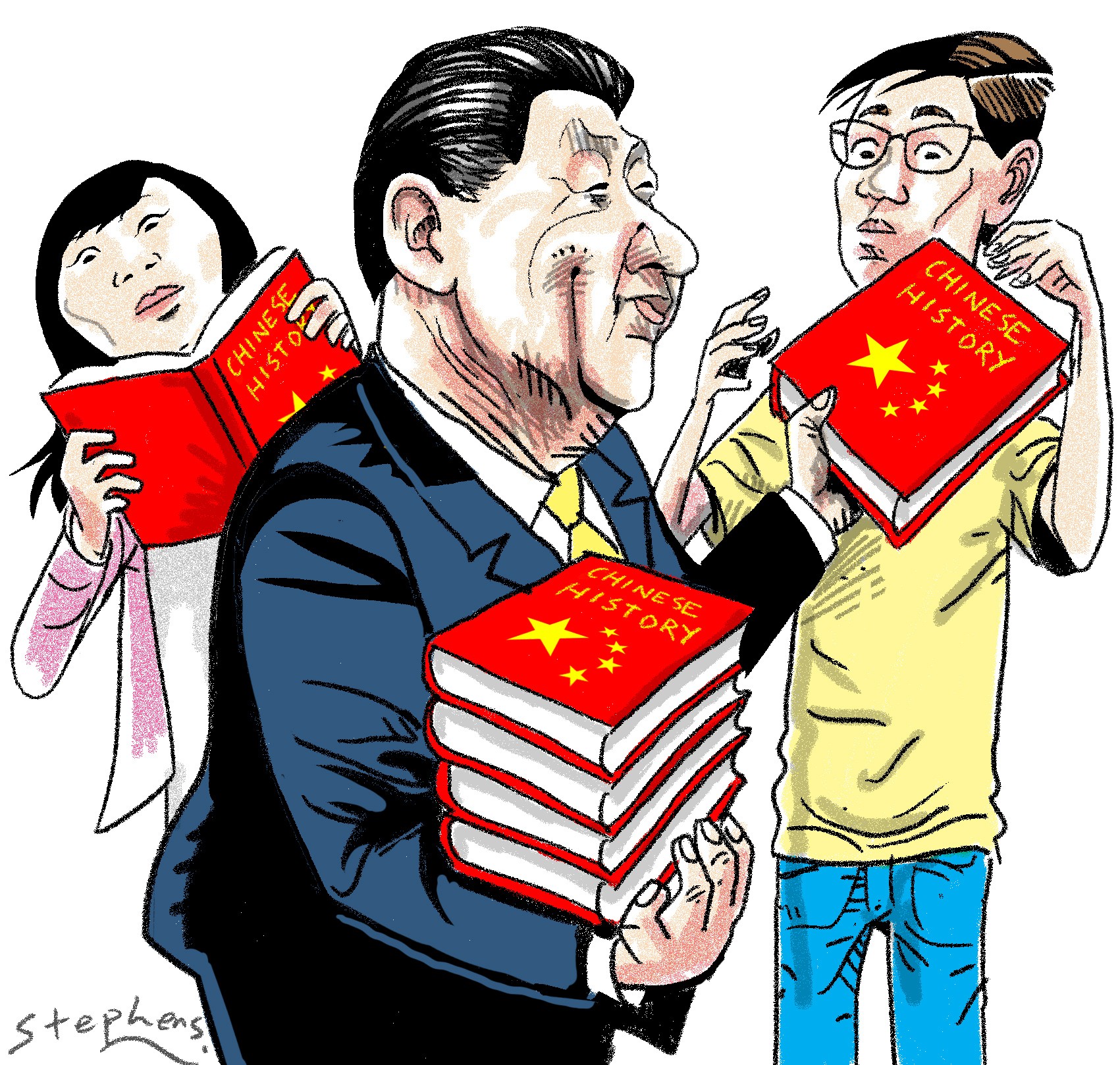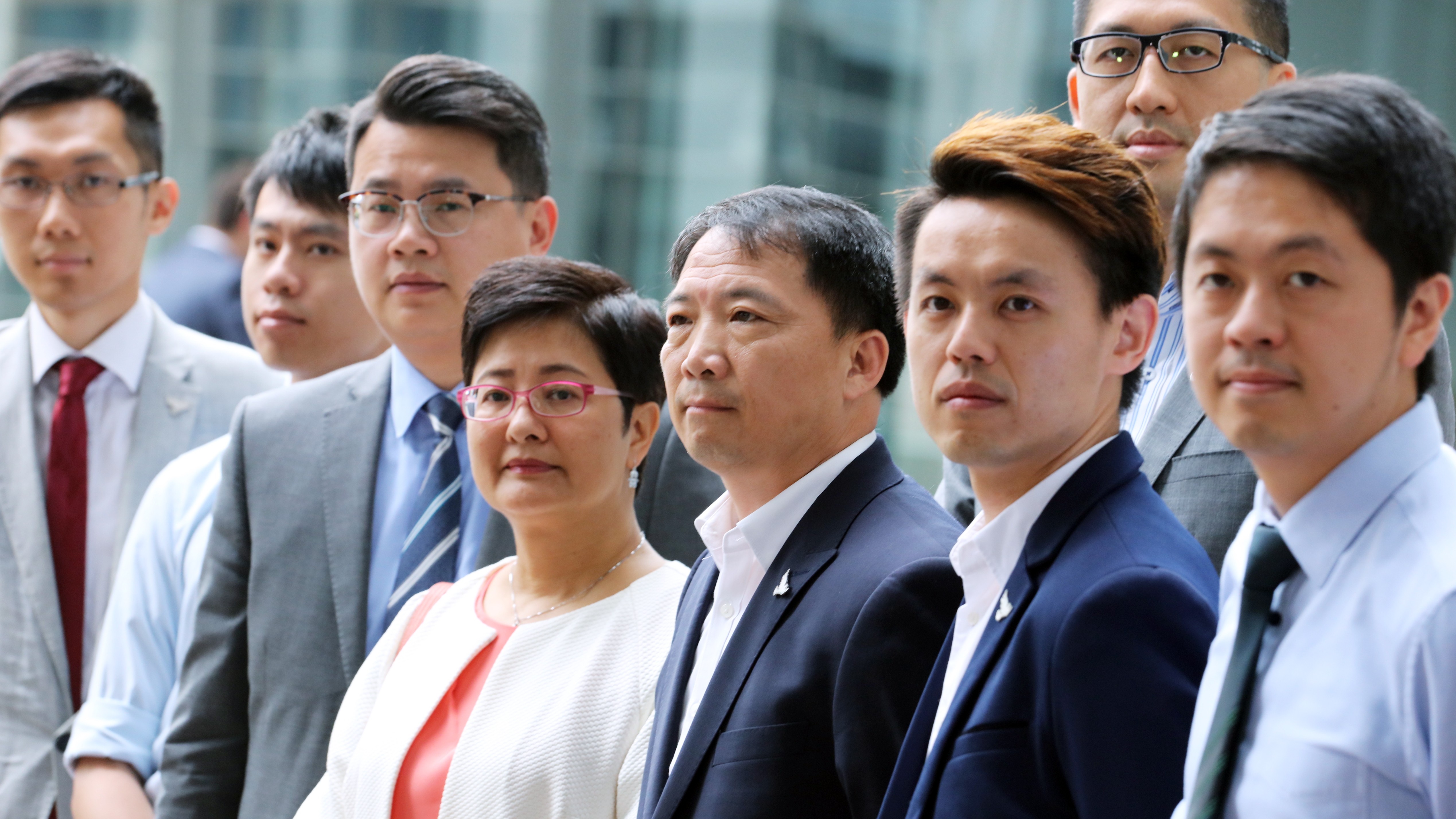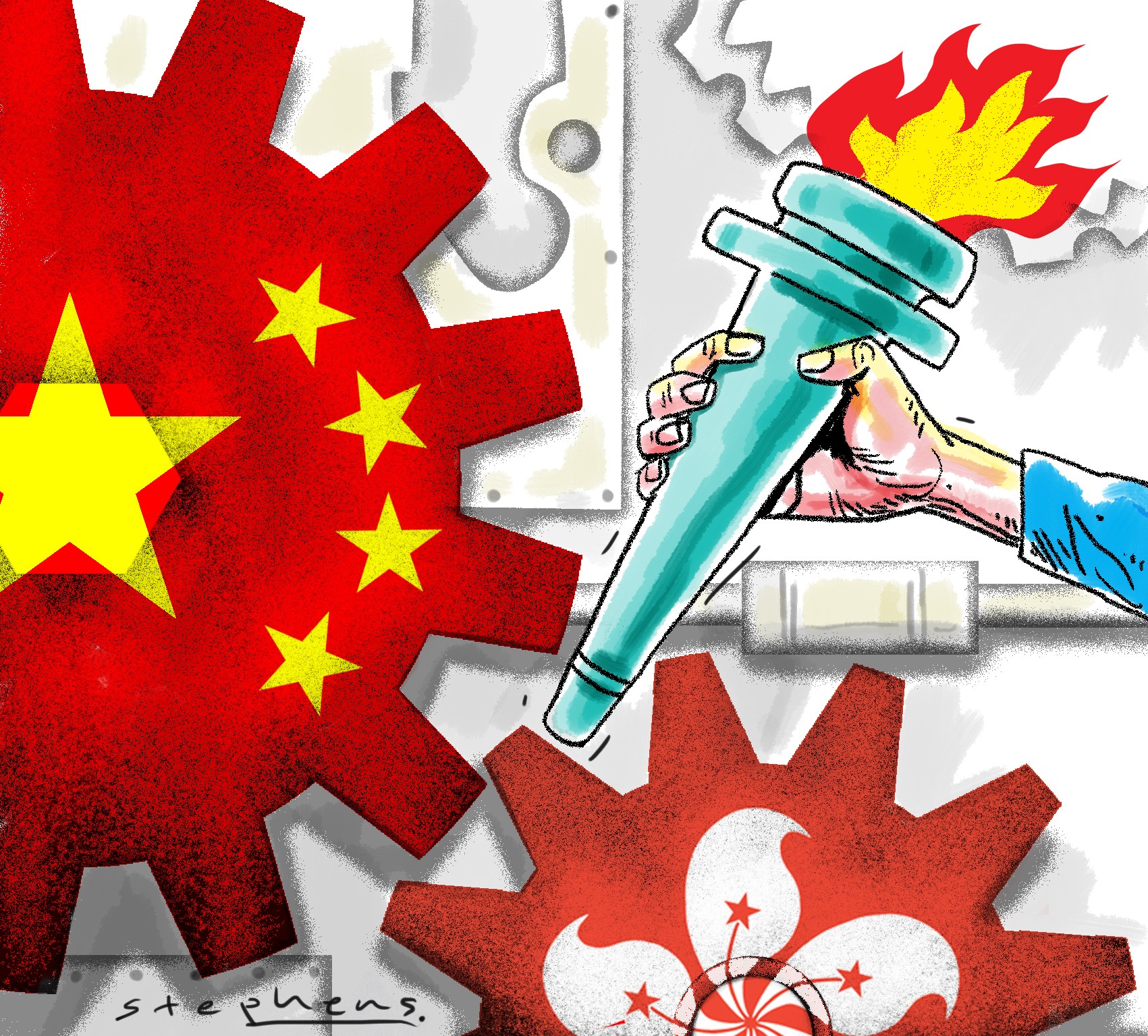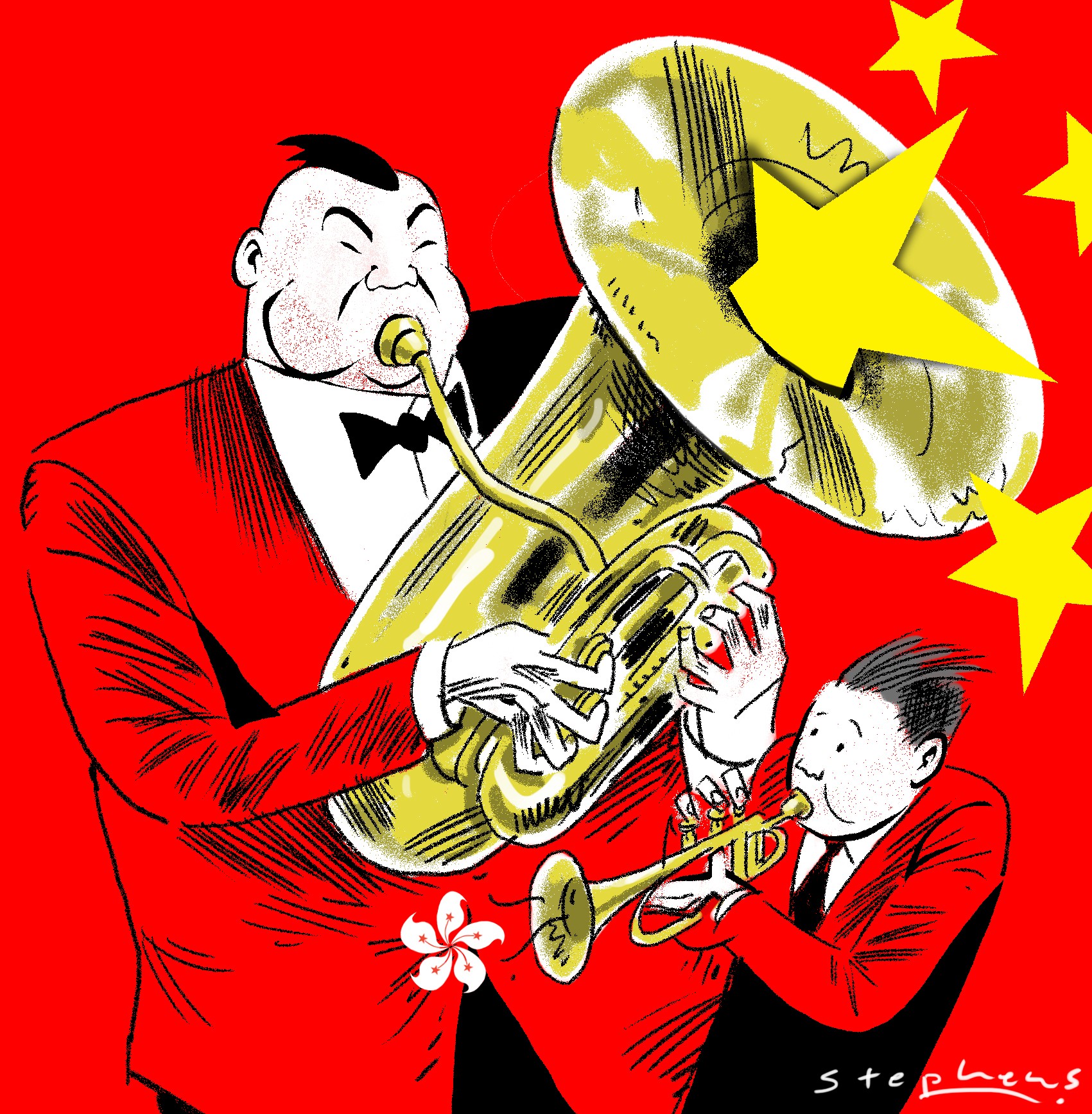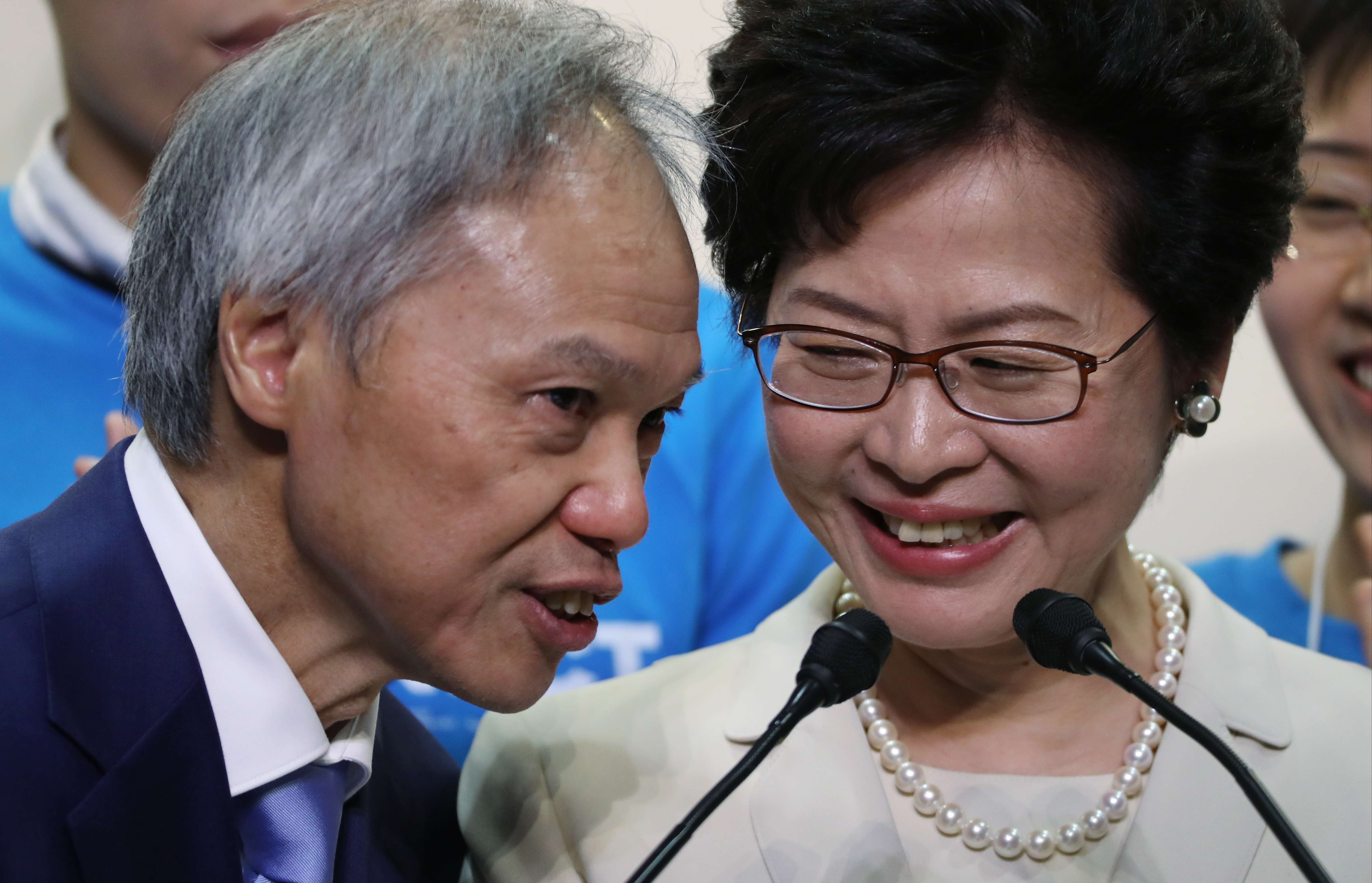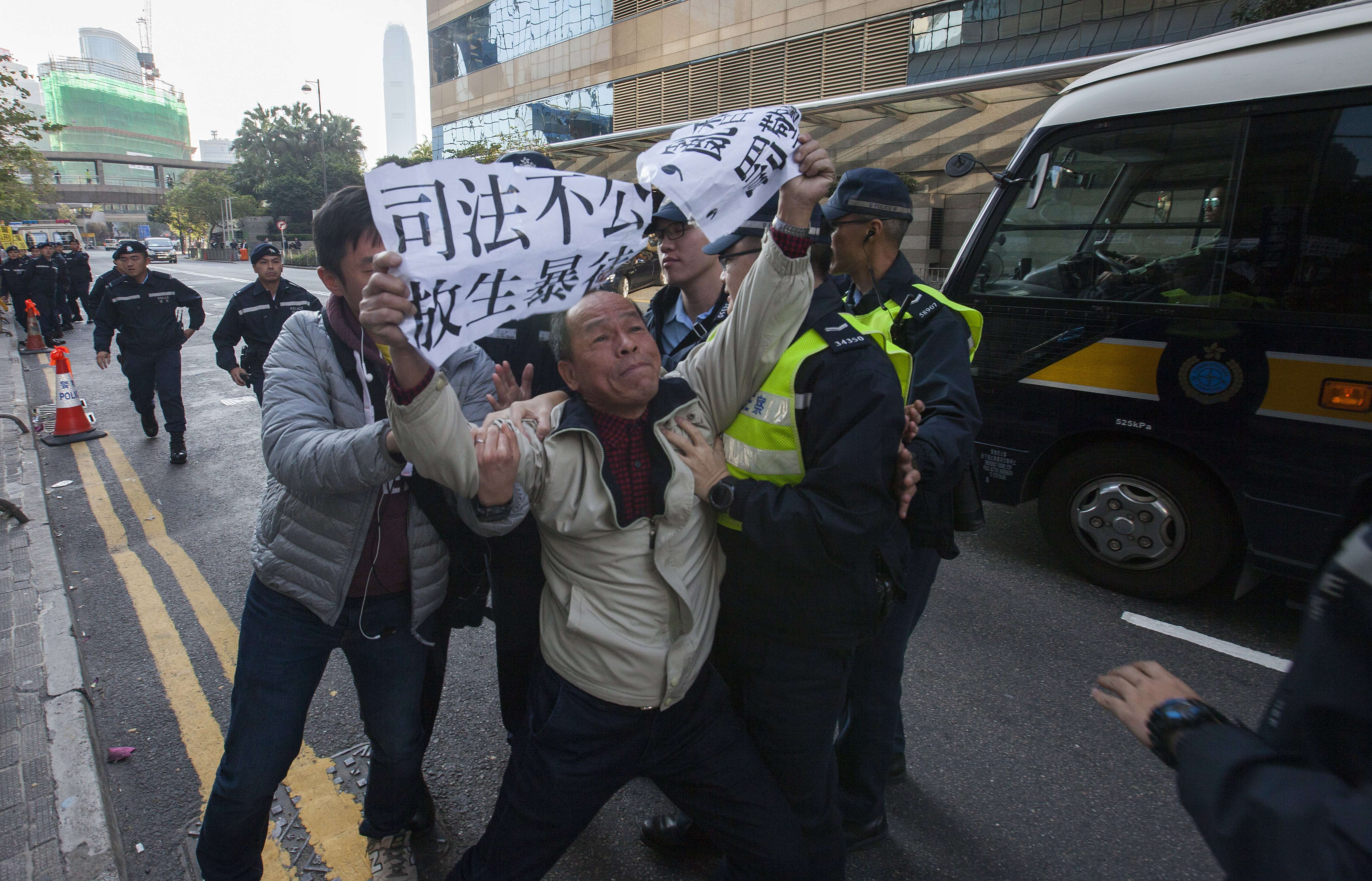Advertisement
Advertisement

Tian Feilong
Tian Feilong is an associate professor at Beihang University’s Law School in Beijing, and the executive director of the law school's One Country Two Systems Legal Studies Centre. He is also a director of the Chinese Association of Hong Kong and Macau Studies, and the author of a Chinese-language book on Hong Kong political reform.
The 1992 consensus reached by China and Taiwan has always been a weak agreement. The mainland needs to strengthen it, win the Taiwanese public’s consent and design a ‘one country, two systems’ framework specific to Taiwan.
China’s history of ‘humiliation’ is not conducive to its new-found role in world affairs. A China that wishes to enjoy internal peace and friendly external relations must refrain from nurturing a sense of victimhood.
America’s use of Taiwan as a bargaining chip in its tussle with China is upsetting the status quo of cross-strait relations.
The trade stand-off with the US is a test of China’s capabilities. It is a hurdle it must overcome to realise its goal of national rejuvenation and its vision of a ‘community of common destiny’.
Advertisement

